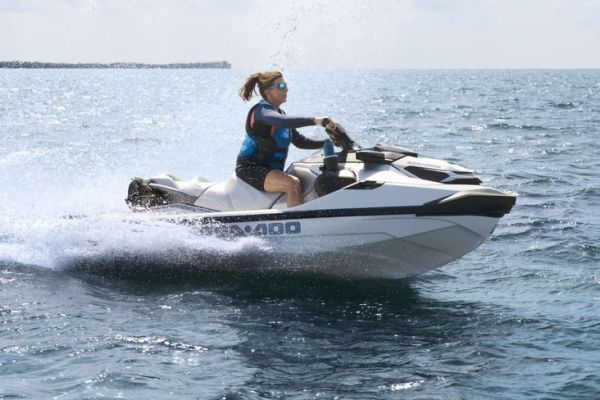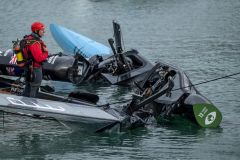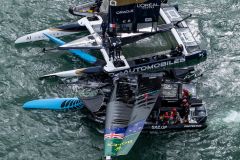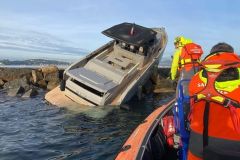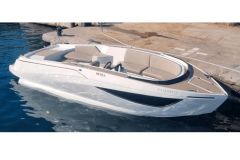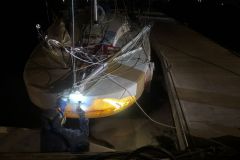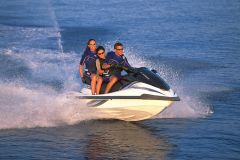As motorized leisure activities multiply during the summer months, safety at sea remains a central concern. The accident that occurred on August 4, 2024 in the Arcachon basin, involving two jet-skis on a supervised tour, raises questions about the responsibilities of supervisors and organizers. Here's a look back at the main flaws detailed in the BEAmer report.
Excessive power for beginners
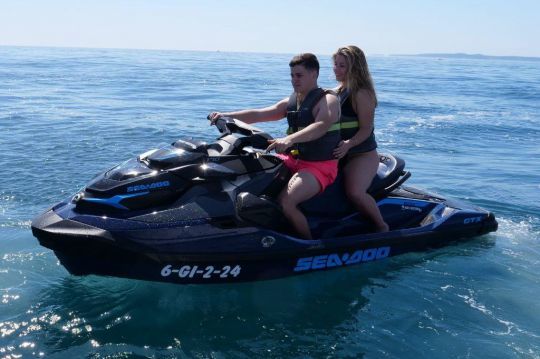
The jet-ski models involved, Sea-Doo GTXs powered by Rotax 1630 ACE130 engines limited to 75 kW, have a power-to-weight ratio that is still too high for novice users. The BEAmer points out that these machines remain highly responsive, conducive to hard acceleration, even in supervised use. The complexity of the dual-trigger controls (iBR acceleration and brake) is confusing for beginners, especially without prior practice on a safe stretch of water.
It should be noted that jetskiing remains an accident-prone activity, with six deaths and around 50 injuries on the French coast in 2021
Insufficient practical training prior to discharge
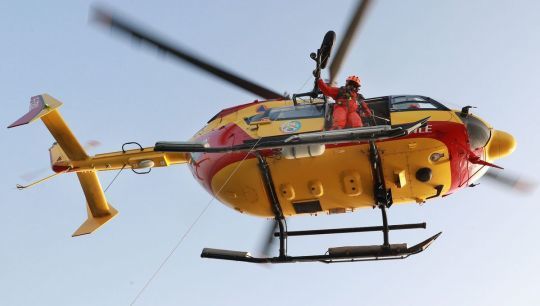
The only precautions taken by the organizing company are a dockside briefing and the signing of a liability contract. Despite manufacturer BRP's recommendations for first-time users, there are no pre-departure drills. The report recommends the introduction of a real practical familiarization module before any sea outing.
An inexperienced supervisor and a heterogeneous group
The group was supervised by a 20-year-old BPJEPS trainee with no experience of supervising heterogeneous hikes. Managing several levels of practice, from children to experienced adults, proved too complex. The BEAmer proposes that the number of VNMs that can be supervised by a trainee instructor be reduced.
Sub-optimal equipment for user safety
The participants were properly equipped (vest, shorty, circuit breaker), but without helmets. BEAmer recommends that helmets be made compulsory, as they provide effective protection in the event of head impact, particularly for activities carried out at low speed but with a high risk of collision.
Regulations to be reviewed to provide a better framework for practices

In the texts, the activity is described as "initiation", but in practice it is similar to rental without a license. The report calls for an overhaul of the decree of April 1, 2008, with clear, attested restrictions on personal watercraft, compulsory helmet use, a practical handover phase and a strict limit on the number of machines supervised.
Supervised jet-skiing today poses major challenges in terms of responsibility and safety. Revision of the regulations could provide an opportunity to introduce better initial training, more appropriate equipment and more qualified supervision. These are just some of the avenues to be explored by the authorities and industry professionals to prevent such tragedies from happening again.

 /
/ 